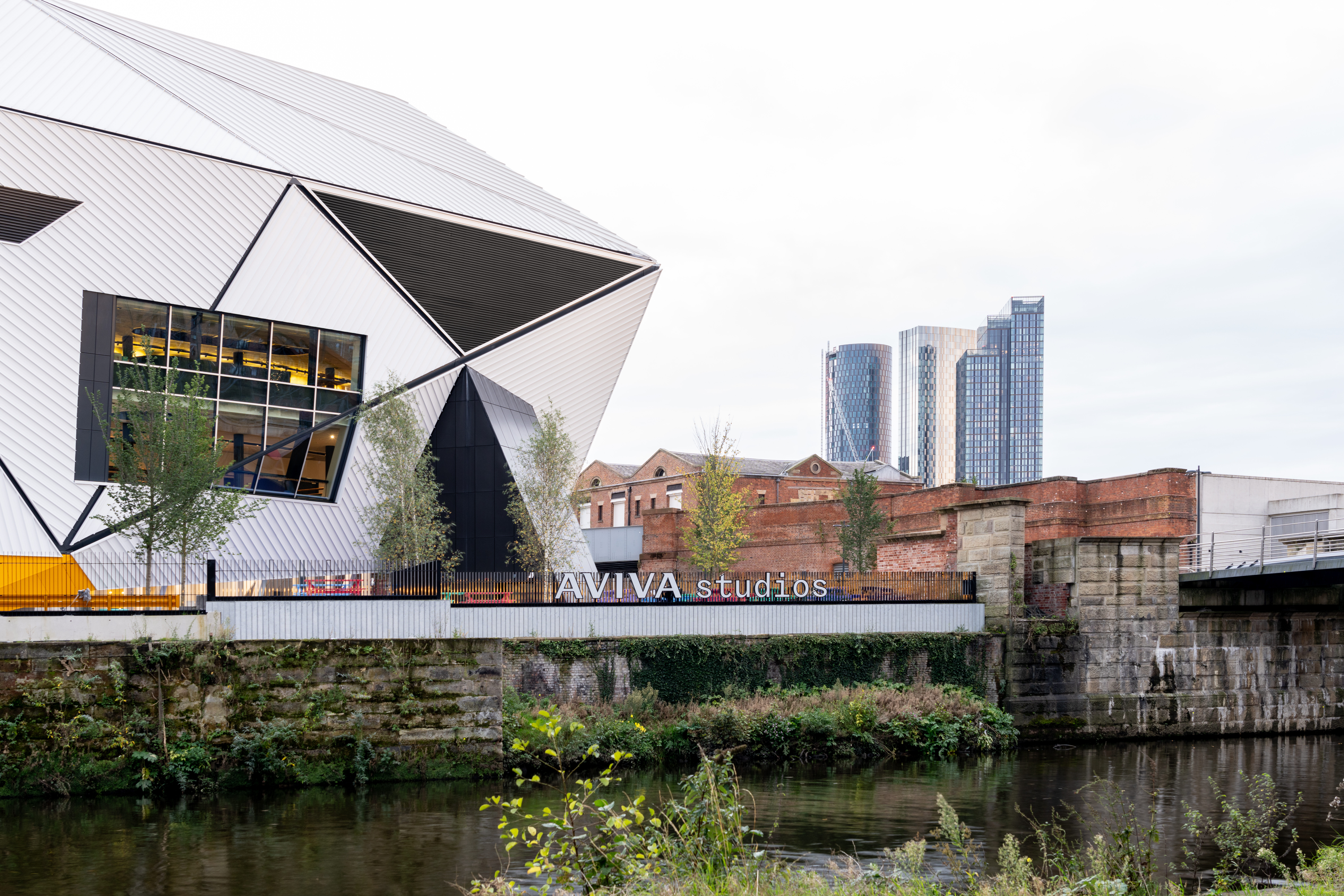Ignore the market research at your peril

Sponsorship investment is under greater scrutiny than ever before. Despite challenging economic times, companies worldwide continue to invest in sponsorship as the most effective method of building brand awareness and enhancing stakeholder perception.
As an experienced sponsorship leader, you may well have a good grasp of your target audience and the fan groups that allow you to reach them most effectively. However, great leaders are not just experienced but also informed. Let’s recap precisely why spending money on market research before, during and after your campaign is a worthwhile investment.
It helps to obtain the fundamentals
Little can be known about the changing target demographic and how they perceive the company without market research. As a result, it's a pure guessing game whether a sponsorship deal with a particular brand will be well or poorly received.
Businesses utilising collected data can base their marketing strategies on quantitative and qualitative data providing a competitive advantage compared to those who don’t.
However, it does a lot more than that. Market research allows businesses to explore a few potential partnerships and acquire customer feedback. This vital information can then be used to identify the most prudent choice.
Guides The Campaign
A common misconception is that once a partnership is active, it must run its course, and only then can its success be analysed. On the contrary, this is still a crucial time to collect market research.
“In this day and age, it isn’t enough to base marketing strategies on superficial assumptions”.
During the campaign period, how much value the partnership is generating can be closely monitored. And keep in mind that we’re talking about much more than simply generating sales. Different stakeholder perception objectives can be examined to understand a wide range of factors, helping to optimise the delivery throughout its duration.
Allows reflection and creates the bedrock for future sponsorships
After the contract has ended, the opportunity to reflect on how the campaign performed presents itself. A significant component to understanding how successful it was… you guessed it, is market research.
Surveys, polls and internet discussions on various social media sites will provide evidence of whether the partnership was seen in a positive light by stakeholders. Otherwise, if it fell flat, then lessons can be learnt.
Burying your head in the sand can seem like the easy option when sponsorship deals don’t go according to plan. However, data gathered from market research can ensure businesses take the best steps to influence future sponsorships. In this day and age, it isn’t enough to base marketing strategies on superficial assumptions.
Costs
Yes, market research does consume time and money, so it’s easy to sweep it under the rug when resources are stretched tightly. Although, as we discussed in detail, this can lead you on a path to disaster.
The reality is that market research has always played a crucial role in sponsorship marketing and can directly impact how successful current and future campaigns are. Sponsorship can also be used as a tool to boost your employer brand. Businesses that avoid cognitive bias and take advantage of the information at their fingertips will reduce the chance of pitfalls and achieve their goals.









